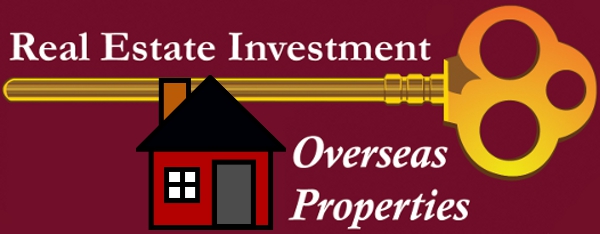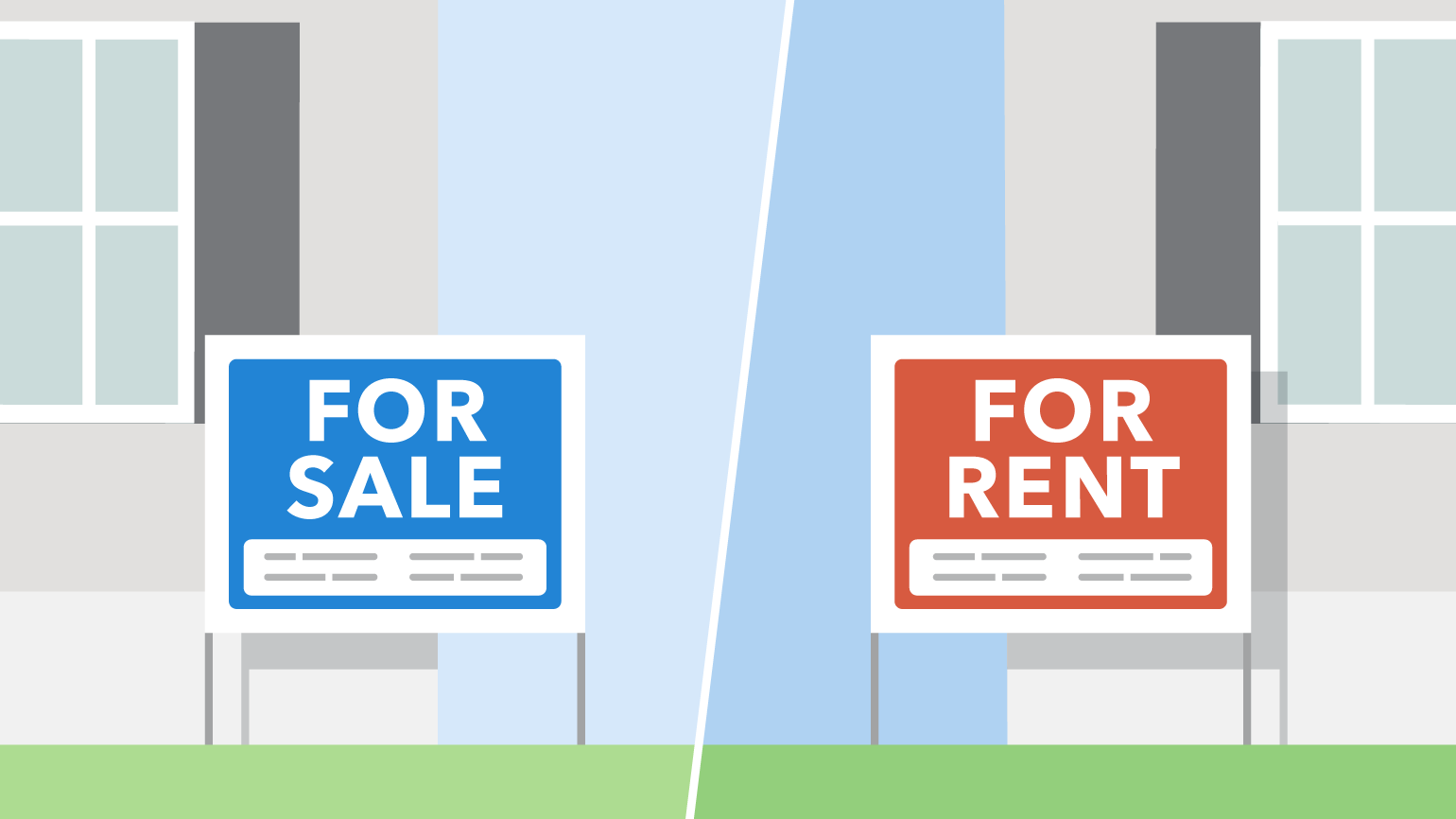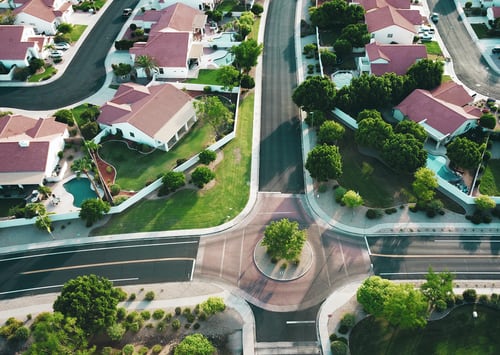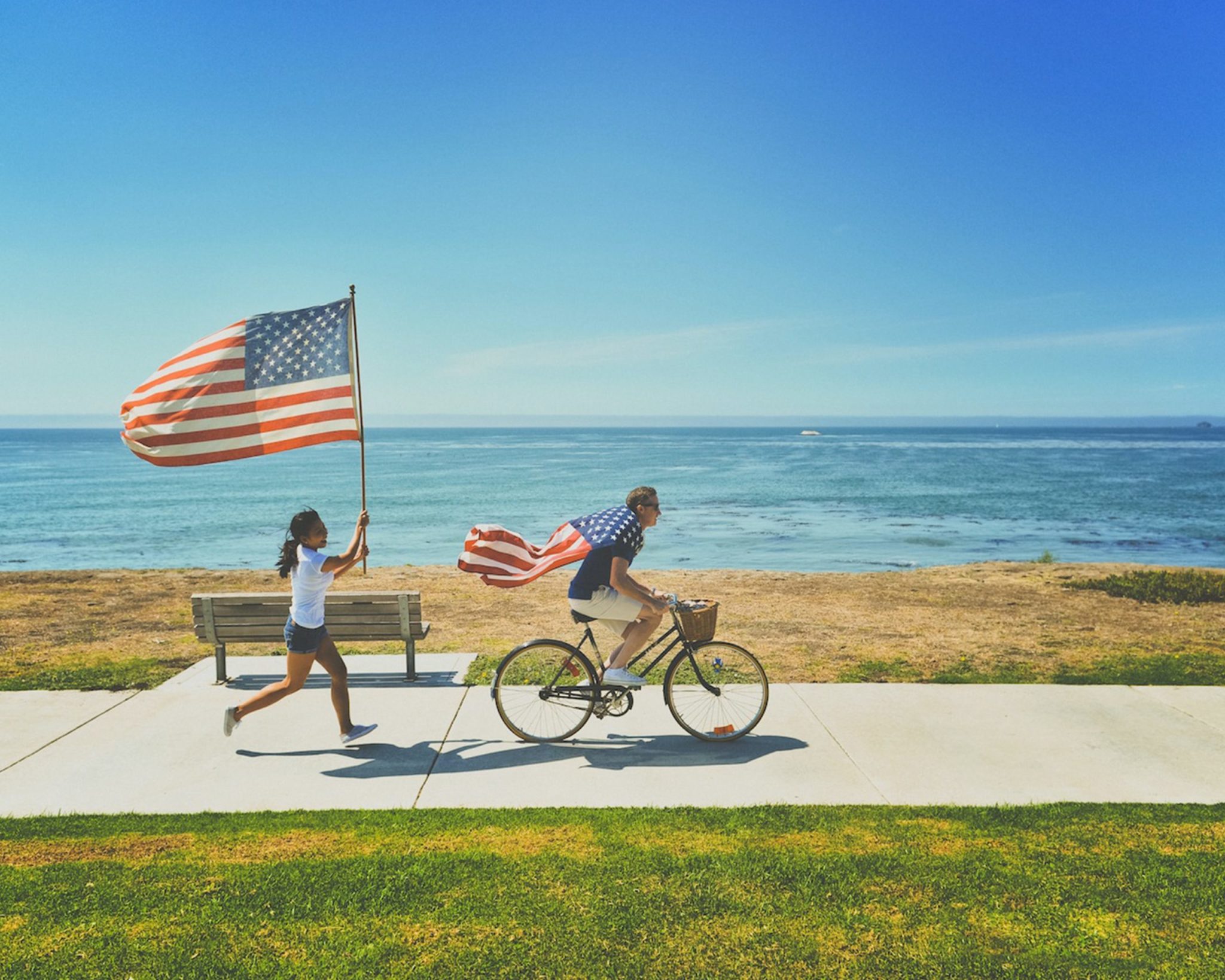 With people looking to continue with (or better!) their current lifestyle once they are retired, this trend has seen a surge in demand from expats to relocate, buy a property and lead a dream lifestyle in various tropical destinations in Asia – it’s no secret that Asia being a relatively cheaper destination than the West, will always remain top favorite amongst Westerners. Add to it the year-long suitable climate and good connectivity with most cities across the globe!
With people looking to continue with (or better!) their current lifestyle once they are retired, this trend has seen a surge in demand from expats to relocate, buy a property and lead a dream lifestyle in various tropical destinations in Asia – it’s no secret that Asia being a relatively cheaper destination than the West, will always remain top favorite amongst Westerners. Add to it the year-long suitable climate and good connectivity with most cities across the globe!
So, you must be doing some recce on the internet and with some recommendations from friends and acquaintances must have zeroed in on a particular destination where you will be relocating. And the first step to your relocation plan starts with buying a home there, right? WRONG!
The question here is: ‘Is the information you gathered from the net and friends enough to buy a property outright in a location which you must have visited for a week or so?’ I would say it is a very risky proposition!
So then what should you do?
Buying a property to retire overseas requires more effort. It is highly recommended to go and stay in a rented home for a couple of weeks or month before you finally buy one. And while you are there as a tourist, try to make sense of your requirements, laws around property buying and what it actually means to be living in that place.
Here ‘s a checklist of things which you need to find out before you decide to buy:
1. Find out the residency visas and property buying rules of that particularly country. Many countries don’t allow foreigners to buy land, etc. while in certain countries buying a property entitles you to a resident visa and work permit.
2. Know what the tax structure of the country is like. What are the slabs for – sales tax, property tax, transfer tax, income tax, rental income tax, capital gains tax, import tax for your personal and household goods. Know beforehand where does your income come from and what taxes, therefore, would you be liable for?
3. Ease of forming a company. Should you decide to form one is it easy or requires a lot of running around?
4. What is the rate of exchange between the local currency and that of your country? Also find out the annual rate of local inflation because this will have a direct bearing on what you will be saving and how much money you would require to maintain the lifestyle you would love to.
5. How stable is the government (for the last couple of years)? Unstable governing machinery means you will have to face a lot of changes that might not go too well for your own good.
6. What is the number of educated and English-speaking professionals in the destination? If it is less, are there any opportunities that you might want to grab should you decide on a part time or full time job at one point of time? What are the other job opportunities?
7. Find out what is the ratio of fellow expats living in the neighborhood. What is the general perception of the locals towards foreigners? Since you will not be living 24 x 7 in isolation, being able to meet or speak to a compatriot once in a while is a very essential.
8. How’s the banking system? How difficult or easy is it to open an account? Are any global banks available in the neighborhood?
9. By and large is there a good population who understands English? You would not want to carry a dictionary every time you go to buy groceries, would you?
10. Availability and cost of household help, nannies, caretakers, drivers is very important. Remember to add these to your checklist.
11. Take the feedback of fellow expats seriously. There will some who will crib about everything while many would in fact overlook certain negatives about the place. Go out on a fact-finding mission to tally all the apprehensions of the expats.
12. Get a complete picture of the infrastructure of the place – power outages, availability of water, conditions of roads, issues during the monsoon, etc.
13. Take the public transport. Is it good enough? Find out if you have to go around will you need a car? If so, what is the average cost of owning a car? Should you decide to bring you car from home, what are the taxes you need to pay?
14. Are there any good restaurants, theaters, shopping malls, clubs, where you would like to go in the weekends?
15. What is the law-and-order situation? High crime rate directed towards foreigners means that is not a place to be.
16. Accessibility of course! How far is it from the nearest international airport? What is the cost of an air ticket back home and how quick can you get back home if you needed to?
These are things that you need to find out before you buy your home and decide to settle down. I would say the best way to go about it is to stay in a particular location on rent for a couple of weeks or months and find out how it is to be living there. Once you are satisfied, go ahead start your property hunting mission.
To get more information & assistance, please submit the form below and our specialist will get in touch with you at the earliest.








